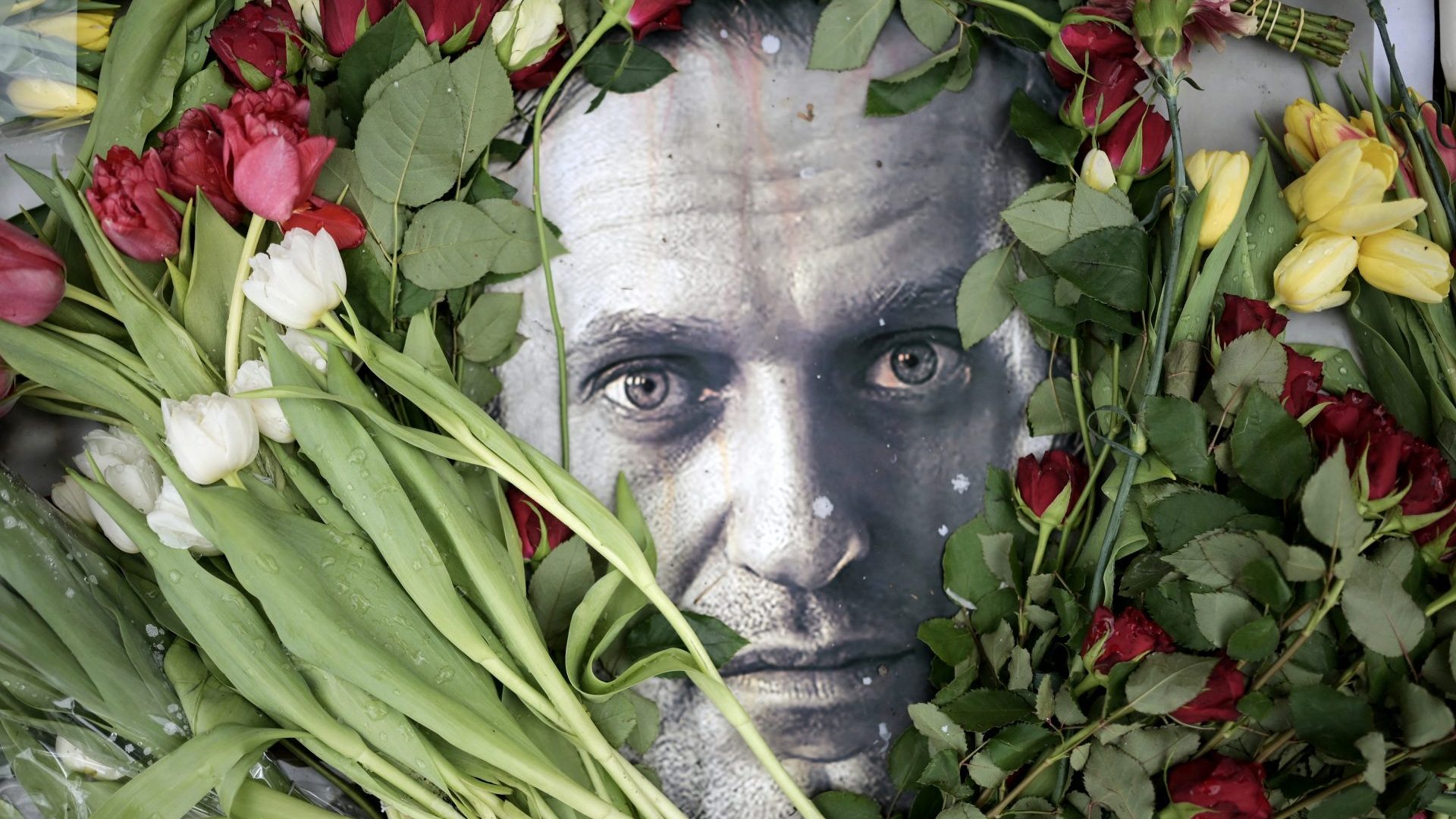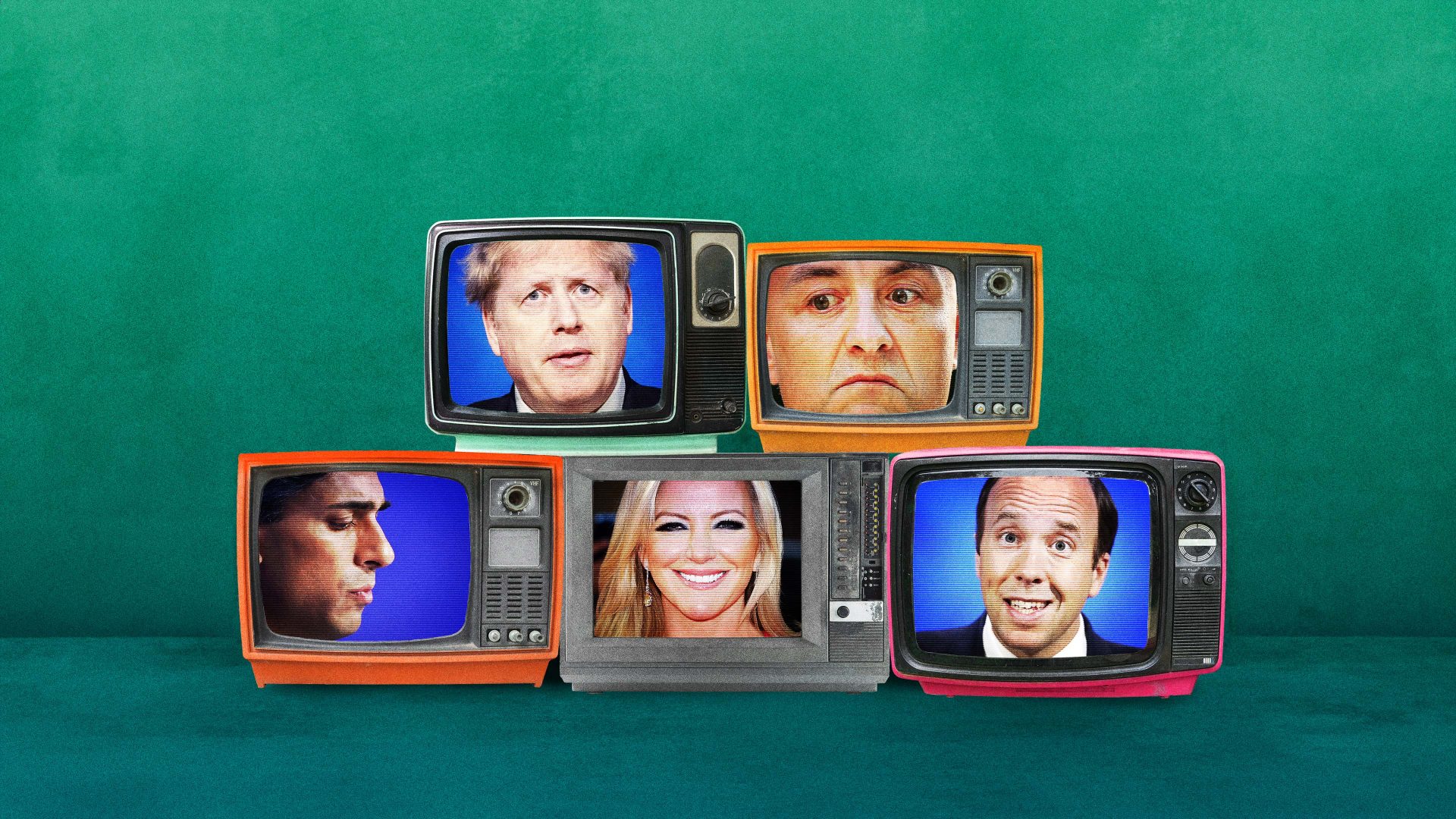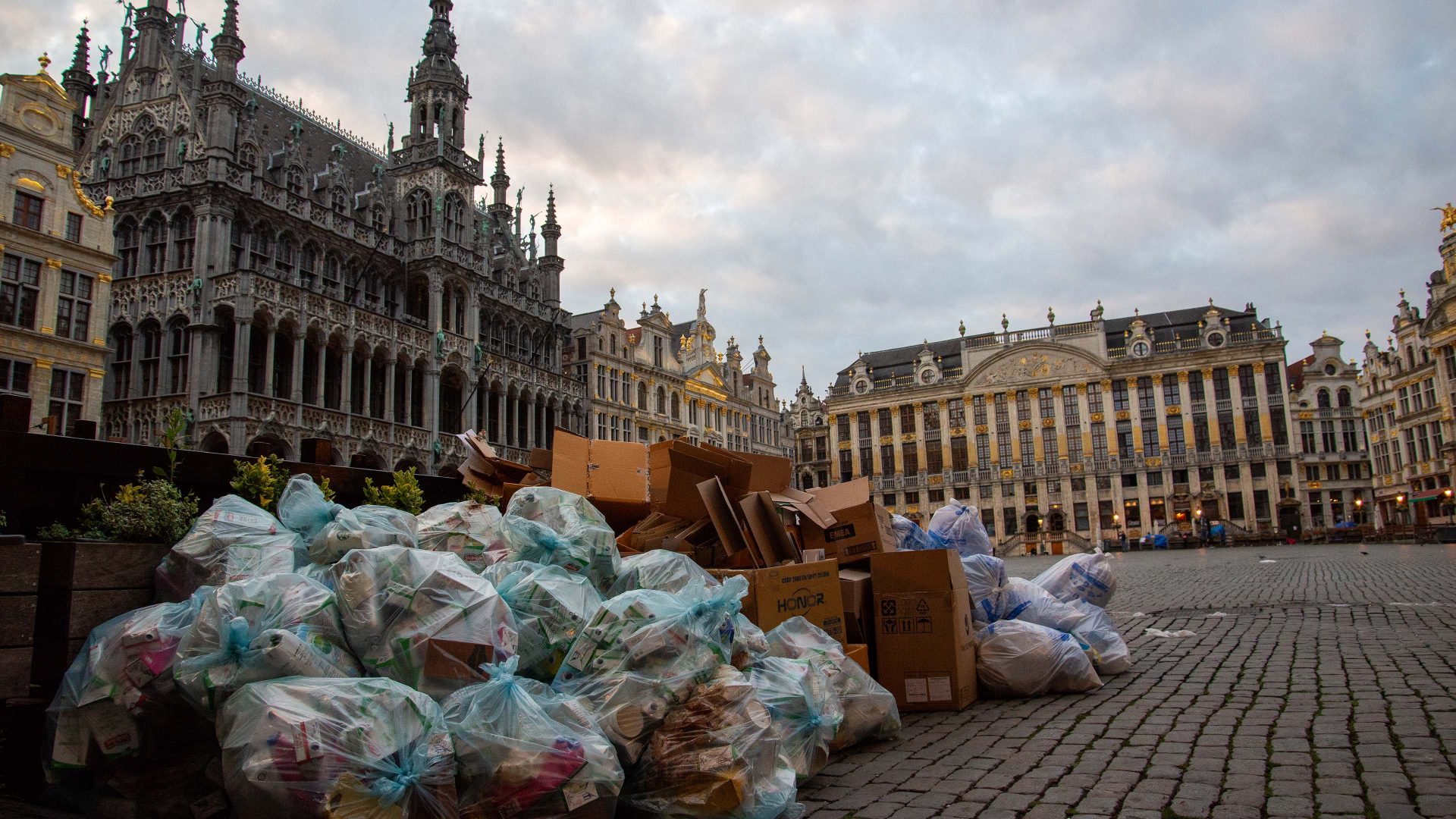“Putin not only killed Alexei Navalny; he aimed to kill our hope,” said Yulia Navalnaya in her video statement, just three days after her husband’s death in a Siberian prison.
I must admit – Putin came close to succeeding. Never before have I experienced such all-encompassing despair, such complete emptiness as in the days following Alexei Navalny’s assassination. Navalny embodied hope – and it’s not just a metaphor. Even from his Arctic prison cell, enduring inhumane conditions, he managed, with the help of his lawyers, to publish witty Instagram posts that signalled encouragement to thousands. As I doom scrolled through social media, the overwhelming grief I witnessed wasn’t solely due to the loss of a man who had sacrificed his life for the promise of a “beautiful Russia of the future”, as he called it. It was also the pain of our last hope withering away. The Kremlin dementors had finally drained it from us.
While Navalny might have appreciated the Harry Potter reference, a regular feature in his own discourse, he wouldn’t have been thrilled to witness free-thinking Russians globally succumbing to despair – precisely what he urged against in the Oscar-winning documentary Navalny.
And who understands this better than Yulia? Watching her emotional address, I realised that, for the first time in three days, my tears weren’t solely born of heartbreak. A new hope flickered through the swollen blue eyes of this incredibly resilient woman.
Most of my friends felt the same way. Somehow, it was already clear to everyone that if anyone could continue Navalny’s work, it was Yulia Navalnaya. They had walked this path together – rallies, home searches, surveillance. According to those close to the family, she read and edited most of what Alexei wrote. She fought tooth and nail to get Putin to authorise Navalny’s transfer to Germany after the 2020 Novichok poisoning. She had probably been poisoned herself earlier that year.
Having lived through all that, in an interview with Yuri Dud, which she gave alongside her late husband while he was still in recovery from the first assassination attempt, she didn’t allow herself a single thought of defeat. When asked if she ever wished Alexei would stop, she was resolute: Never. “Everybody wants me to say that I’d like him to stop,” she said. “No, I completely support what Alexei does. I am saying it very sincerely, and not merely because it’s a beautiful thing to say. Giving up halfway wouldn’t be cool.” And today, we can be certain she meant what she said.
Navalny mentioned that, in some ways, Yulia held more radical political views than he did. “I chose this path consciously,” he said. “But when you are not a politician and have to face the darkest side of the counterforce working against your family, it radicalises you on the emotional level.”
Indeed, her anger is palpable in her video address. But not only that – her love for her country and her people is also clear. This trait always distinguished Alexei favourably from many other figures of the Russian opposition, some of whom despise the majority, who they see as victims of state propaganda. “Today I want to be with you,” says Navalnaya in her address, “because I know that you have lost not less than myself.”
Unified by shared grief, Russian civil society seems eager to embrace her as her late husband’s successor in fighting Putin’s regime. The Russian journalist Sergey Parkhomenko told Vanity Fair: “People who like Navalny automatically like her. And for many, she is Navalny without the downsides of Navalny.”
It’s true that the Russian people need to learn not to place all their hopes in one person, however courageous and determined; it’s high time we shook off the dangerous infantilism of thinking Nemtsov, Navalny, Navalnaya and their sacrifices can absolve us from personal action. But in this lowest of all lows, it does help to have something to hold on to.
Speaking at a court hearing upon his return to Russia, almost exactly three years before Yulia’s address, Alexey Navalny, often called the “The-Boy-Who-Lived” after his miraculous survival of Novichok poisoning, said: “The remarkable philosopher Luna Lovegood from Harry Potter once excellently remarked, “It’s important not to feel lonely – because that’s exactly what Voldemort wants.”
Yulia Navalnaya’s first mission has therefore been successfully accomplished – she has vowed to continue her husband’s work and now hundreds of thousands of Russians feel a little less alone.




